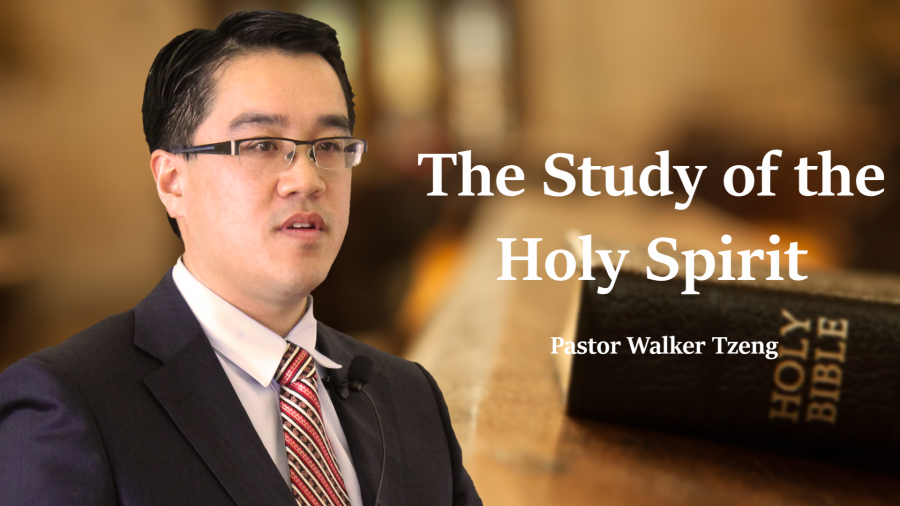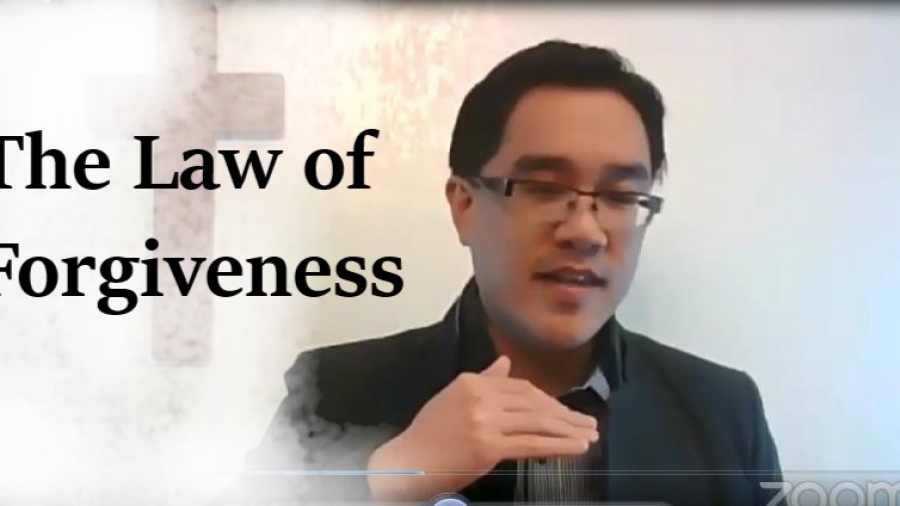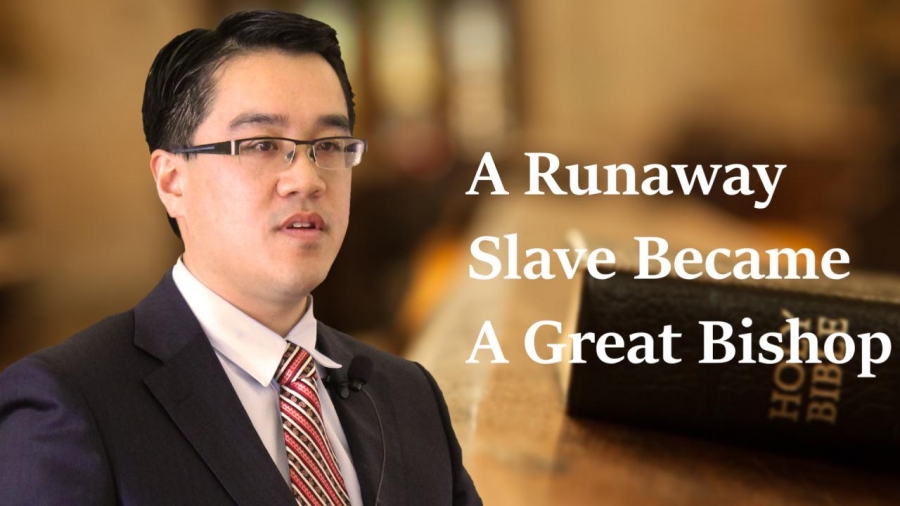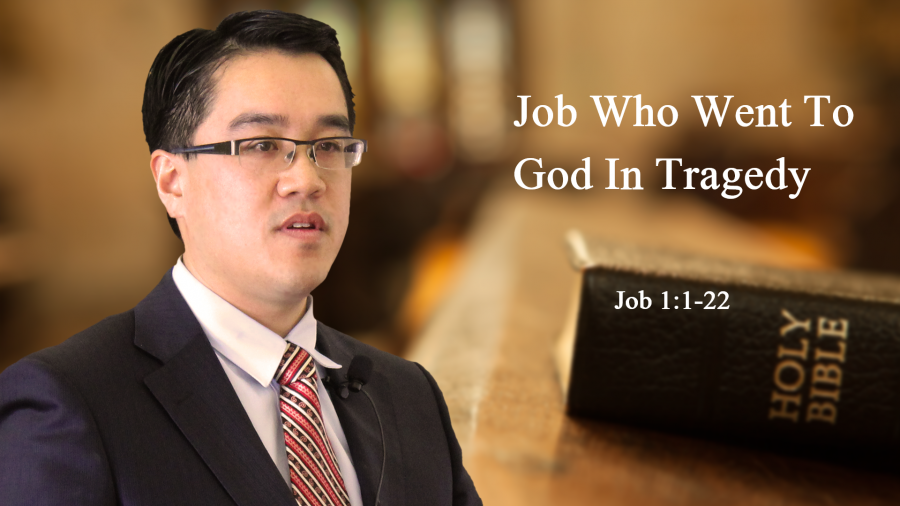The sermon explicated the pneumatology, the study of the Holy Spirit and also its work in our lives and for the Kingdom.
Here is a summary of the sermon:
Today, we will look at Pneumatology, the study of the Holy Spirit, to understand it deeply through 1 Corinthians 12:1-11. We will look at what the Bible says about the Holy Spirit, the Holy Spirit in a larger Trinitarian context, and impact of Holy Spirit in each of our lives.
First, in 1 Corinthians 12:1, Paul says we should not be uninformed, we need to look at what the Bible says. John 14 tells us the Holy Spirit is the Advocate or Greek Paraclete, like a lawyer helping us against judgment. The Biblical story of redemption is God saving us from judgment. We fell and disobeyed and despite giving us the Law, we sinned more, and in our depravity, as Romans 1 says, we still did not retain God in our hearts. But the Almighty God didn’t come in power, but came in a manger and Jesus Christ carried our sin like a little lamb on the cross and saving us from judgment. We’ve been forgiven, but we still need to wash our sins. God won’t leave us as orphans but He will continually take care of us by the Holy Spirit – that is Pneumatology, God’s profound love by the Holy Spirit, continually taking care of us.
Next, in 1 Corinthians 12:2-3, Paul ridicules mute idols. We believe in God who is alive, He is the living God who speaks to us. How? The Word became flesh and walked among us in Jesus. Islam has a hard time with this, saying God is one, putting a strict line between heaven and earth. They wonder how Christians can believe in the divinity of Jesus? It’s that God is alive among us, He came down in his full divinity and truth. While Islam and other religions claim they teach the truth, Christianity claims truth in the person of Jesus, as the Church father Justin Martyr taught us. The Word became flesh and God is still One because of unity of love. That love was shown on the cross, Jesus died, resurrected, and ascended to heaven. But will God leave us alone like orphans? No, God pours down His Holy Spirit as a gift to us, God is alive in our life. This is Trinity – God is not a dead mute idol, but this is Doctrine of the Living God among us.
Finally, in 1 Corinthians 12:4-11, this is about the gifts of the Holy Spirit including tongues. As 1 Corinthians 14 says, tongues is for our edification and a sure sign of the Holy Spirit. We should pray to receive tongues, but if you don’t receive it, it doesn’t mean you aren’t saved like Pentecostals say. Still, tongues are important because we are foolish and don’t know how to communicate with God, man’s intellect is weak. So the Holy Spirit helps pray for us when we don’t know, speaking in tongues is the Holy Spirit praying through us. In this way, we can pray in tongues a long time and unite with God. Intellect is division, but faith unites us in love with God. In our walk of faith, there is both, the side of intellect studying the Word, but there is also the spiritual side of our mystical union with God. But the primary part of faith is receiving, so the Holy Spirit helps us in the weakness of our lives. This means it also guides our lives to do God’s eternal will of the Kingdom.
Let us pray for the Holy Spirit, that the passion and fire of the Holy Spirit can overflow in us. May God’s love which poured out in the world through Jesus Christ, be revealed in us for God’s glory and Kingdom.










